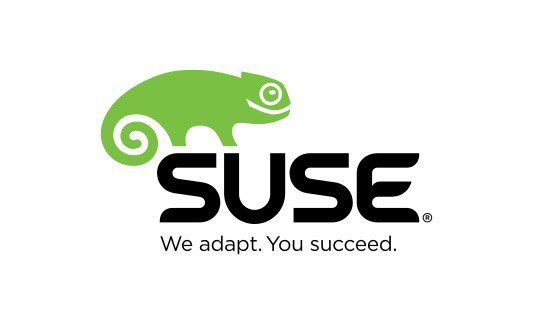SUSE Linux Enterprise Server 15 releases

SUSE Linux Enterprise Server (SLES) is a Linux-based operating system developed by SUSE. It is designed for servers, mainframes, and workstations but can be installed on desktop computers for testing as well. Major versions are released at an interval of 3–4 years, while minor versions (called “Service Packs”) are released about every 18 months. SUSE Linux Enterprise products, including SUSE Linux Enterprise Server, receive more intense testing than the openSUSE community product, with the intention that only mature, stable versions of the included components will make it through to the released enterprise product.It is developed from a common code base with SUSE Linux Enterprise Desktop and other SUSE Linux Enterprise products. via_Wiki
Changes to the installation and the module system:
- Unified installer: All SUSE Linux Enterprise 15 products can be installed by the same unified installer media. For information about available modules, see Section 2.9.1, “Modules in the SLE 15 GA Product Line” .
- Installation without network using Packages media: To install without network connection, all necessary packages are available on the Packages medium. This medium consists of directories with module repositories which need to be added manually as needed. RMT (Repository Mirroring Tool) and SUSE Manager provide additional options for disconnected or managed installation.
- Migration from openSUSE Leap to SUSE Linux Enterprise Server: Starting with SUSE Linux Enterprise 15 GA, we support migrating from openSUSE Leap 15 to SUSE Linux Enterprise Server 15. Thus, even if you decide to start out with the free community distribution you can later easily upgrade to a distribution with enterprise-class support.
- Extended package search: Use the new Zypper command
zypper search-packagesto search across all SUSE repositories available for your product even if they are not yet enabled. This functionality makes it easier for administrators and system architects to find the software packages needed. To do so, it leverages the SCC.- Software Development Kit: With SUSE Linux Enterprise 15, the Software Development Kit is now integrated into the products. Development packages are packaged alongside regular packages. In addition, the Development Tools module contains the tools for development.
- RMT replaces SMT: SMT (Subscription Management Tool) has been removed. Instead, RMT (Repository Mirroring Tool) now allows mirroring SUSE repositories and custom repositories. You can then register systems directly with RMT. In environments with tightened security, RMT can also proxy other RMT servers. For more information, see Section 3.2.1, “SMT Has Been Replaced by RMT” .
Major updates to the software selection:
- Salt: SUSE Linux Enterprise 15 can be managed via salt to help integration into up-to-date management solutions, such as SUSE Manager.
- Python 3: As the first enterprise distribution, SUSE Linux Enterprise 15 GA offers full support for Python 3 development in addition to Python 2.
- Directory Server: 389 Directory Server replaces OpenLDAP to provide a sustainable directory service.
More…





